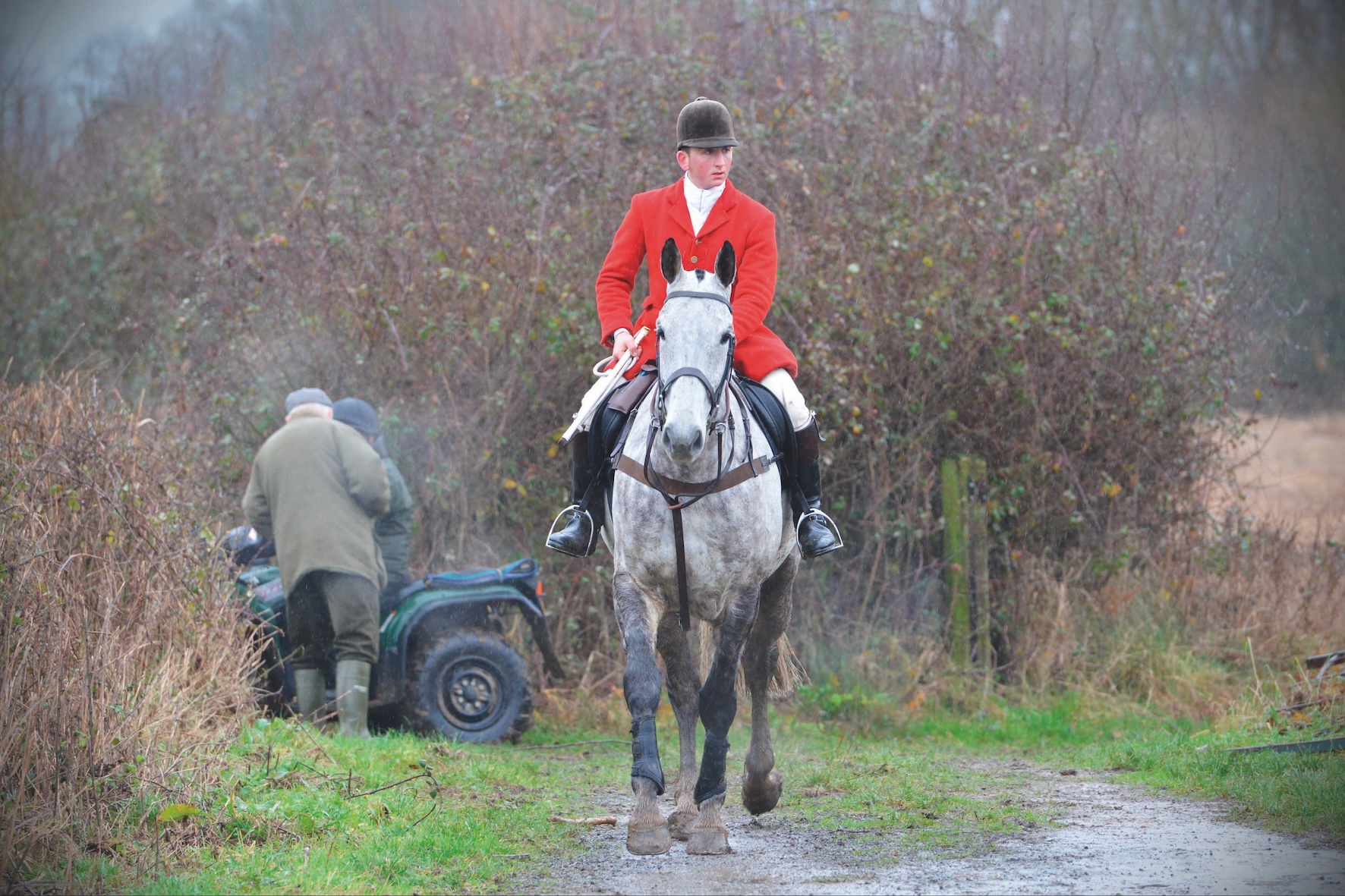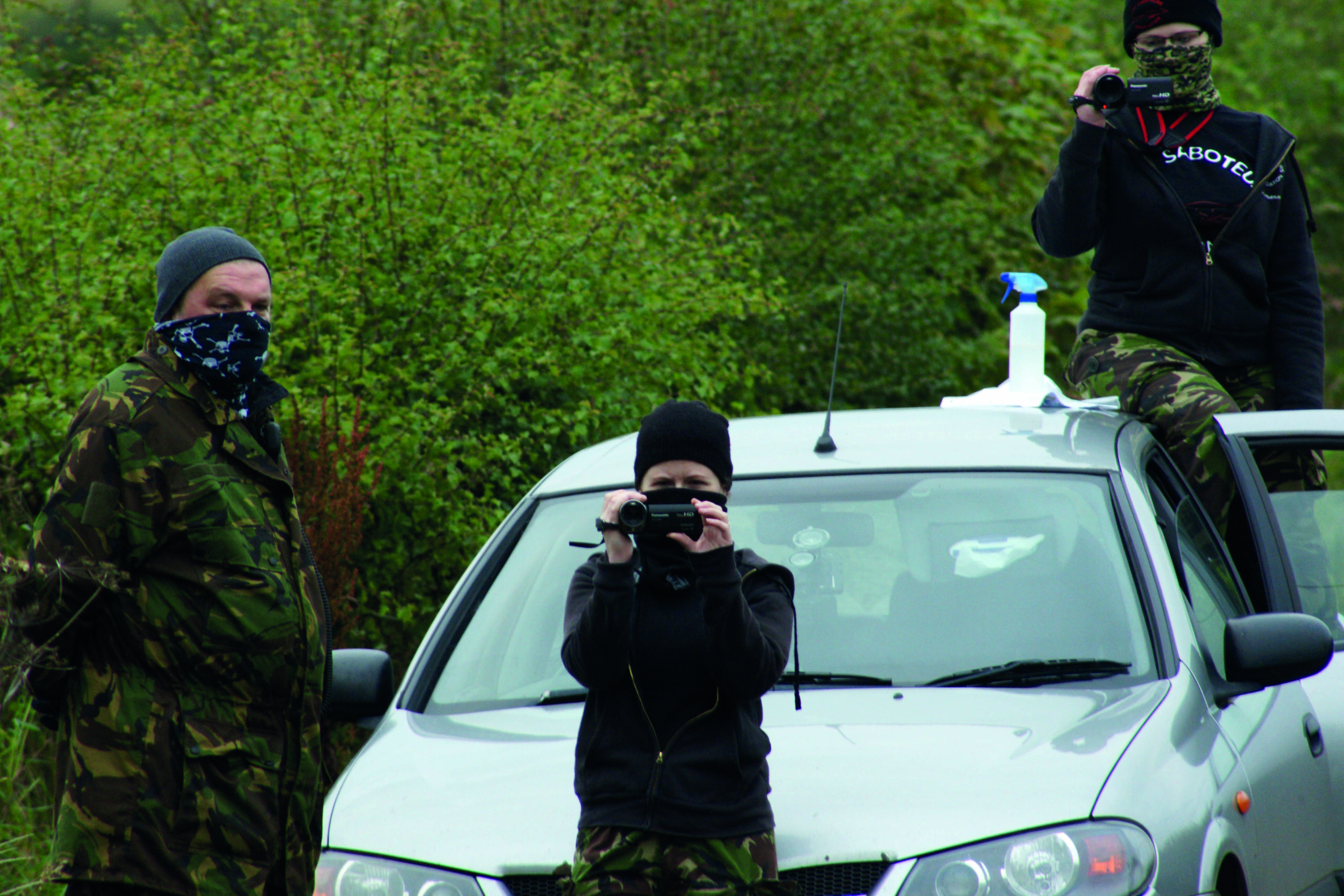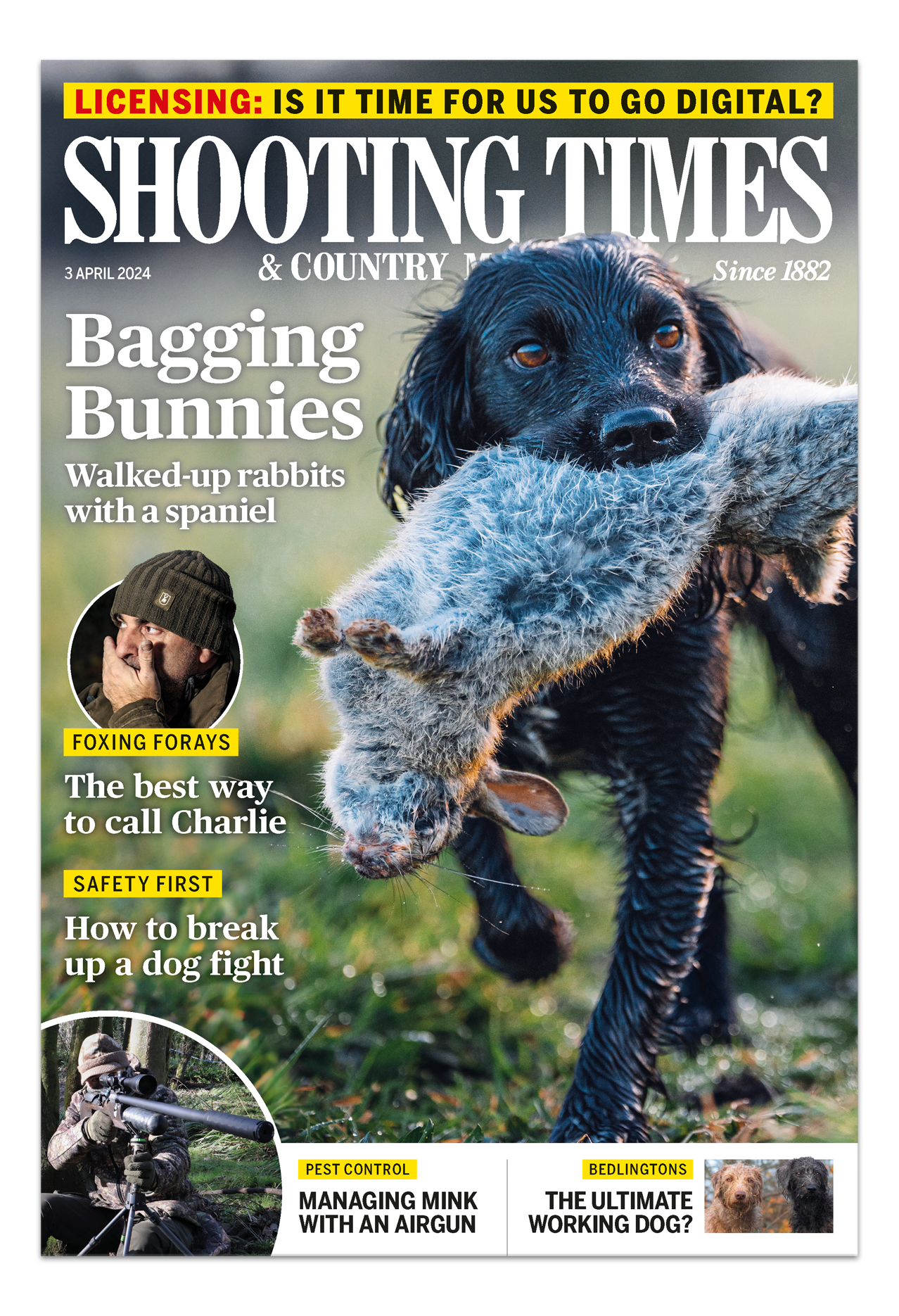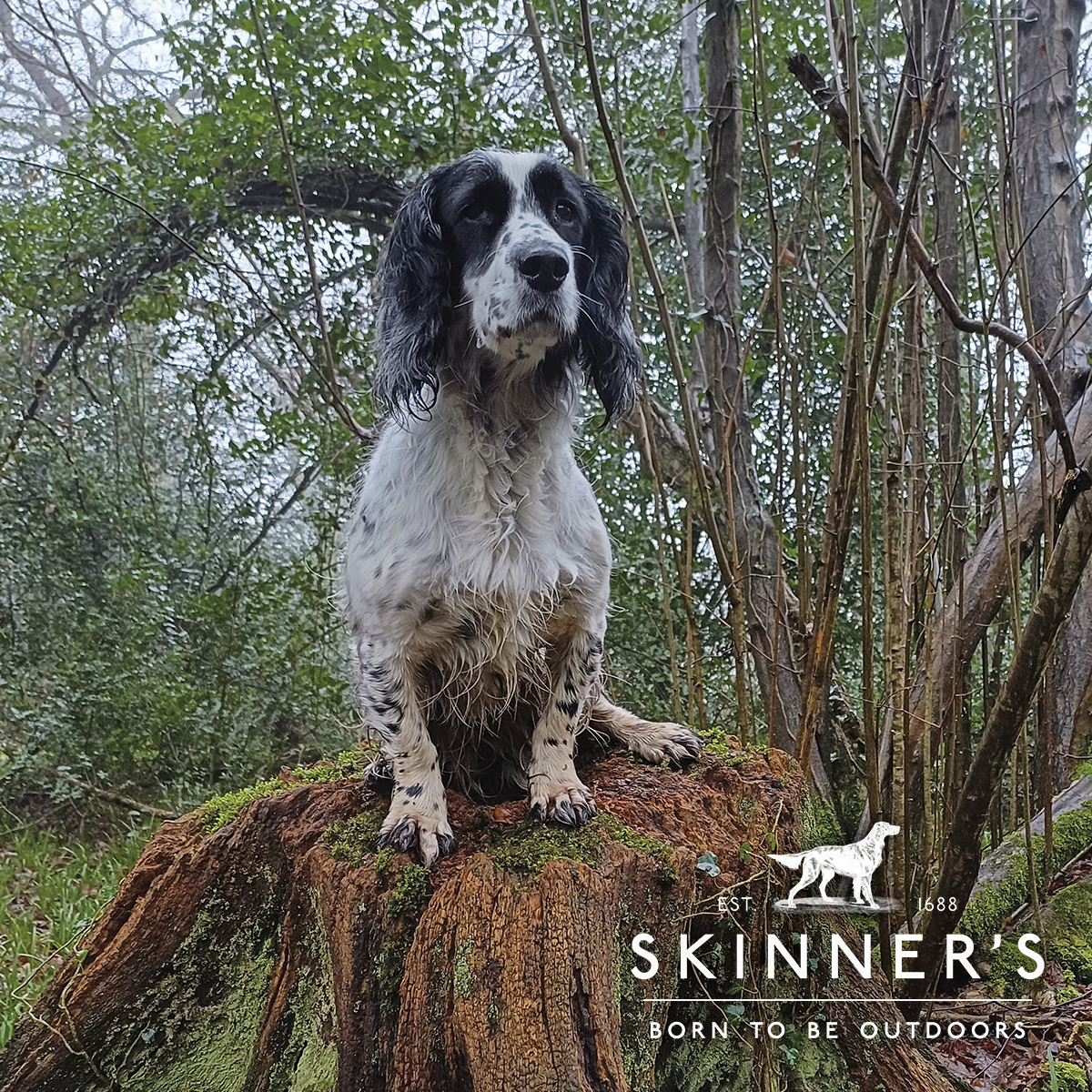Woodcock need a reprieve during cold, say experts
As the country has been battered by icy winds and heavy snowfall, new science suggests that shooters should hold fire on woodcock during prolonged frozen conditions
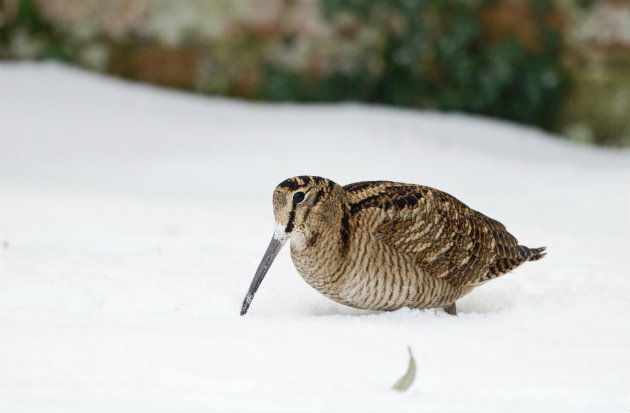
Prolonged cold conditions can have a severe impact on these vulnerable birds
Shooters across Europe have been advised to reduce the number of woodcock they shoot during cold weather. New research suggests that for every four consecutive days of frozen conditions, the birds need a week to recover — and shooting should be balanced to allow the birds to do so.
The paper, published in the Journal of Applied Ecology, was written by Dr Andrew Hoodless, head of wetland research at the Game & Wildlife Conservation Trust, Dr Carlos Sánchez-Garcia, director of research at Fundación Artemisan, and Owen Williams, director of the Woodcock Network and guest speaker at the Shooting Times Woodcock Club dinner last Saturday.
Woodcock need a reprieve
The experts explained that woodcock face a daily trade-off during winter months — if they carry too little fat they risk starving, but if they carry too much, it is more difficult for them to escape from predators.
The study involved the dissection of 221 woodcock collected from shoots in Britain during winter to examine the relationship between fat levels and body weight, and how much energy the birds are able to call on during cold seasons, compared with the weights of woodcock captured at ringing sites at a different time of year.
The findings suggested that woodcock can compensate for difficult feeding conditions at night by increasing the time spent feeding during the day. However, if long-term frozen conditions set in, the birds face the risk of starving to death within a week.
Shooting should be restricted
Researchers also found that during a cold spell in the UK, woodcock could make escape flights of up to 860km or withstand frozen conditions without feeding for six days. In light of this, the experts said to reduce the effects of cold weather on woodcock, shooting should be restricted before the birds’ energy reserves are depleted.
“We suggest that shooters across Europe should adopt a more cautious approach to shooting woodcock in cold weather,” said Dr Hoodless. “They should stop after four days of frozen conditions and allow the birds at least seven days to recover after the end of the cold period before shooting recommences.
The Great Debate: Woodcock shooting
Woodcock: To shoot or not to shoot?
Frozen conditions
“We think statutory authorities across Europe should adopt a consistent approach and consider a regional system for an alert advising cessation of woodcock shooting after four days of frozen conditions across an appropriate range of inland sites.”
Dr Hoodless also called on shooters to spread the word on how they could protect woodcock: “Shooting organisations and hunters’ clubs could play an active role, especially through social media, in quickly raising awareness of adverse conditions and promoting good practice.”



